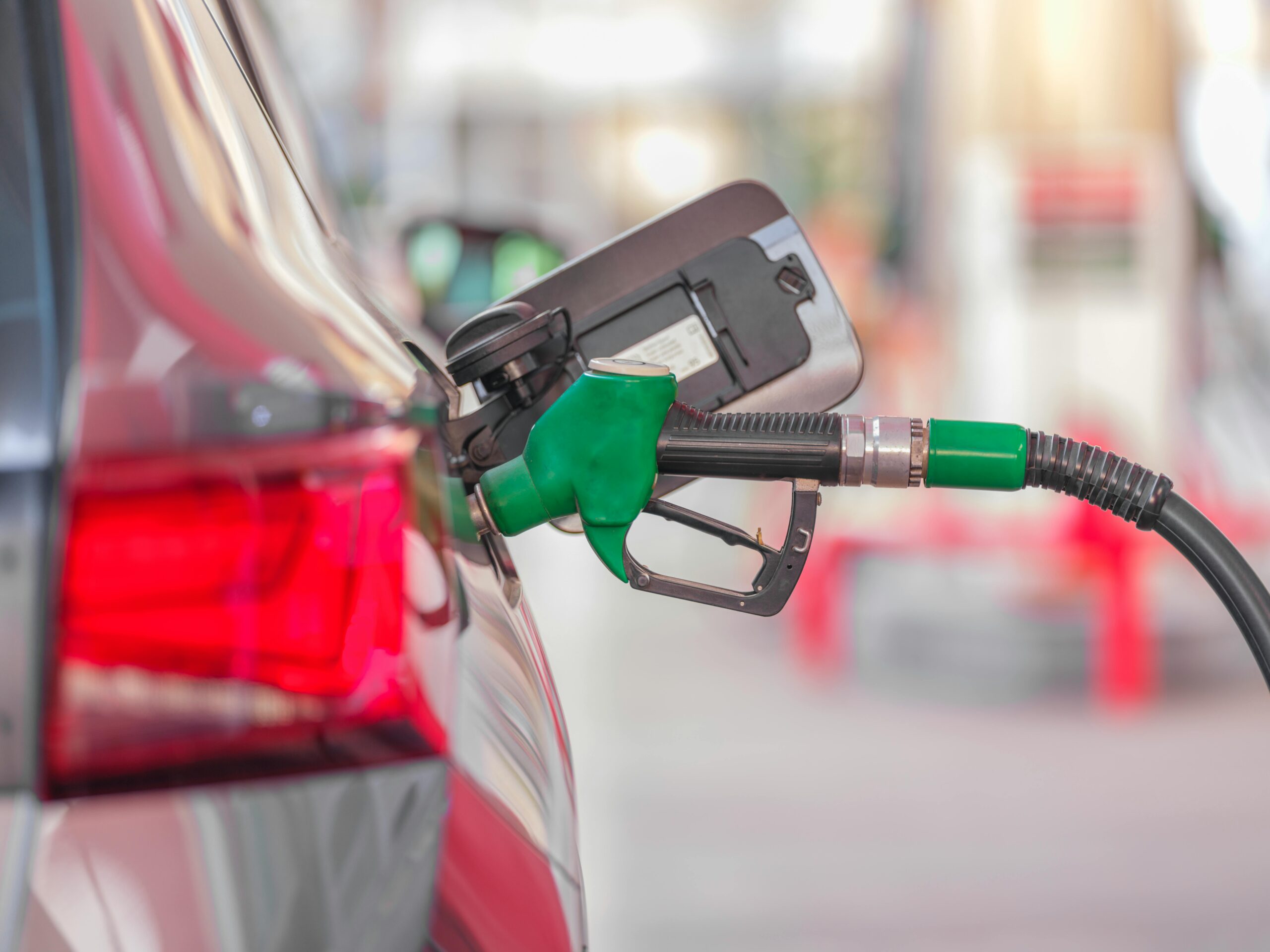When it comes to powering vehicles and machinery, the debate between diesel and gasoline engines has rumbled on for decades. Both fuels have their own advantages and disadvantages, and the ideal choice depends heavily on your specific needs and driving habits. This article dives into the key differences between diesel and gasoline, helping you navigate this crucial decision.
Fuel Properties and Combustion
Diesel and Costco Gas Price, though derived from the same crude oil source, have distinct chemical properties that influence their performance. Diesel fuel is denser and less volatile than gasoline. This translates to higher energy content per gallon, making diesel inherently more fuel-efficient.
The combustion process also differs significantly. Gasoline engines rely on spark plugs to ignite a pre-mixed air-fuel mixture within the cylinders. In contrast, diesel engines utilize high compression to ignite the fuel spontaneously when injected into the cylinder. This eliminates the need for spark plugs and creates a more efficient burning process.
Fuel Efficiency and Performance
One of the biggest advantages of diesel engines is their superior fuel economy. Due to the higher energy density of diesel fuel and the efficient combustion process, diesel engines can achieve 20-30% better mileage compared to gasoline engines, especially on highways. This translates to significant cost savings for drivers who cover long distances regularly.
However, the story isn’t entirely one-sided. Gasoline engines generally offer better acceleration and responsiveness, particularly at lower speeds. This is because gasoline combusts more readily, providing a quicker burst of power. Additionally, diesel engines tend to be heavier due to their robust construction, which can slightly impact overall vehicle performance.
Torque and Towing
Diesel engines excel in producing torque, a twisting force that translates to pulling power. This makes them ideal for hauling heavy loads or towing trailers. The high torque allows diesel engines to maintain power at lower RPMs (revolutions per minute), reducing strain on the engine and improving fuel efficiency when pulling heavy cargo.
Gasoline engines, on the other hand, prioritize horsepower, which relates to acceleration and top speed. While they may offer a more spirited driving experience, they struggle when it comes to towing heavy loads.
Maintenance and Durability
Diesel engines are renowned for their robust construction and longevity. Their simpler design, with no spark plugs or complex ignition systems, generally requires less frequent maintenance compared to gasoline engines. Additionally, the denser fuel acts as a natural lubricant for the engine components, further enhancing their lifespan. Diesel engines can routinely reach well over 200,000 miles with proper care.
However, diesel maintenance costs can be higher when repairs are needed. Diesel fuel injection systems and turbochargers, commonly found in modern diesel engines, are more complex and expensive to repair than their gasoline counterparts.
Environmental Impact
The environmental impact of diesel vs. gasoline is a complex issue. Traditionally, diesel engines have been viewed as less environmentally friendly due to higher emissions of nitrogen oxides (NOx) and particulate matter. However, advancements in emissions control technology have significantly reduced these emissions in modern diesel engines.
On the other hand, gasoline engines primarily emit carbon dioxide (CO2), a major greenhouse gas. While diesel engines may have lower CO2 emissions, their NOx emissions can contribute to smog formation. Here, the “greener” choice depends on the specific pollutants being considered and the regulations in your region.
Cost Considerations
The upfront cost of a diesel vehicle is typically higher than its gasoline counterpart. This is due to the more complex and robust design of diesel engines. However, the superior fuel efficiency of diesel engines can offset the initial cost difference over time, especially for drivers who rack up high mileage.
The price of diesel fuel itself can fluctuate more significantly than gasoline. While diesel offers better fuel economy, the higher per-gallon cost can negate the advantage for drivers who primarily use their vehicles for short commutes.
Choosing Between Diesel and Gasoline
The ideal fuel choice hinges on your driving habits and priorities. Here’s a quick breakdown to help you decide:
- Choose Diesel if:
- You drive long distances frequently.
- You tow heavy loads or trailers regularly.
- You prioritize durability and longevity in your vehicle.
- Choose Gasoline if:
- You primarily use your vehicle for short commutes.
- You prioritize affordability and a lower upfront cost.
- You value a more responsive and quicker-accelerating vehicle.
Conclusion
Both diesel and Petrol Price In Pakistan have their place in the automotive world. By understanding the key differences in fuel properties, performance, and environmental impact, you can make an informed decision that aligns with your driving needs and budget. Remember, there’s no single “best” option; the ideal choice depends on your specific circumstances.





